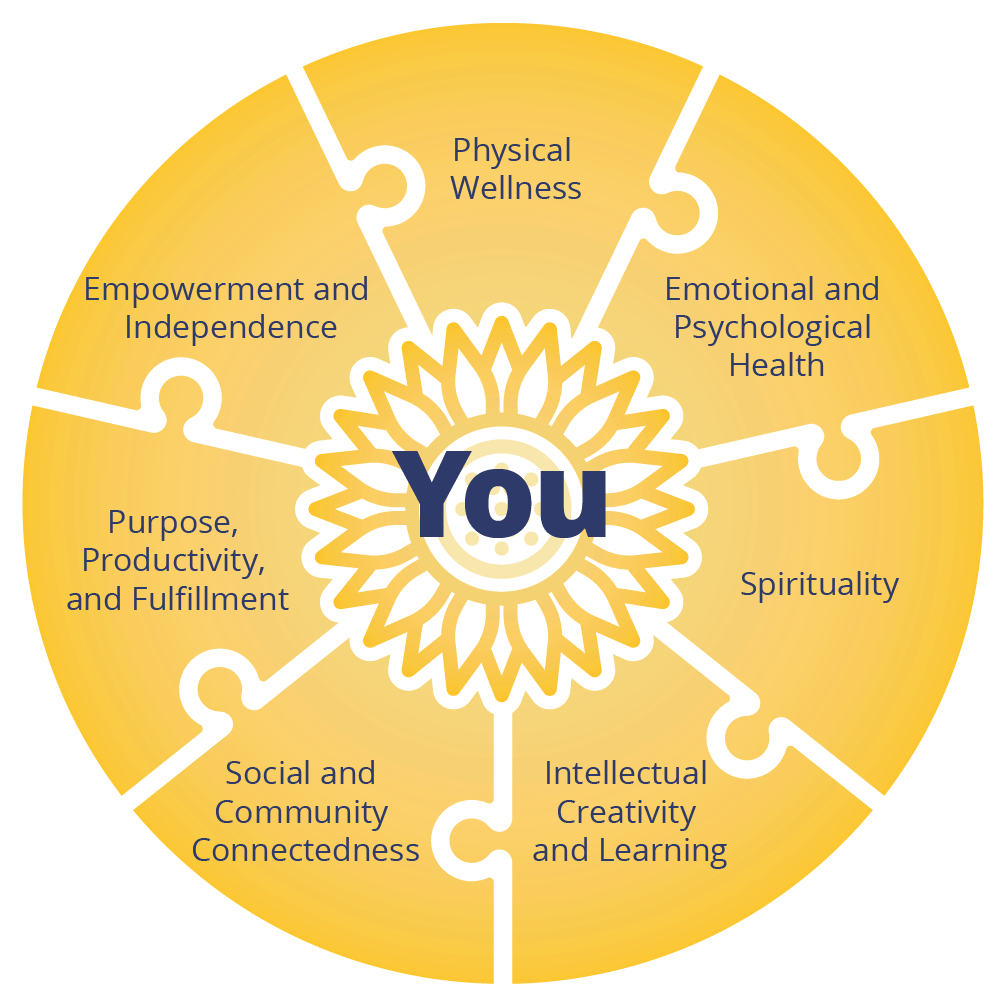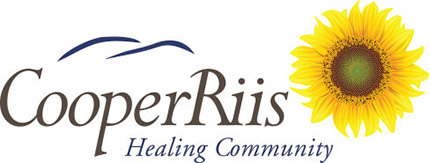We offer support for adults aged 18+ with a history of dual diagnosis. We are not a dual diagnosis facility and cannot treat primary addiction.
Please note, we are not a dual diagnosis specialized program, we are a primary mental health program and therefore can only offer support to someone who has a history of a dual diagnosis. We cannot treat a primary substance use disorder. We require prior addiction treatment for someone with a history of dual diagnosis, and that they have abstained from substances for 60-90 days before considering admission to our program.
If you or a loved one is experiencing a mental health condition such as schizophrenia, an anxiety disorder, depression, or a personality disorder, and you have a history of a dual diagnosis (substance use disorder) that has been previously treated we want you to know:
There is hope.
Our whole-person, integrated approach to mental health treatment with dual diagnosis support, has empowered adults 18+ to develop and maintain healthy relationships with substances while they recover from mental health conditions.
We can help you or your loved one, too.
Recovery is Possible
We are not a dual diagnosis facility and cannot treat primary addiction.
Our Approach to Dual Diagnosis Support
Authored by Eric Levine, Ed.D. and Reviewed by Amy Zimmerman, DO Psychiatrist
Holistic, Integrated Care
About one-third of those experiencing mental health issues and about one-half of those with severe mental health conditions also suffer from a substance abuse disorder. We developed our dual diagnosis support residential program to address this reality. At The Farm (our long-term residential treatment center) and CooperRiis at Asheville (our short-term residential treatment center), residents can receive care for mental health conditions and support for addictions/dependencies throughout their treatment.
Please note, we are not a dual diagnosis specialized program, we are a primary mental health program and therefore can only offer support to someone who has a history of a dual diagnosis. We cannot treat a primary substance use disorder. We require prior addiction treatment for someone with a history of dual diagnosis, and that they have abstained from substances for 60-90 days before considering admission to our program.
What is a "dual diagnosis"?
At CooperRiis, someone has a “dual diagnosis” if they have been diagnosed with both a mental health disorder and a substance abuse disorder. There are many kinds of substance abuse disorders, including addictions to/dependencies on alcohol or drugs and addictions to processes/behaviors such as gambling, sex, watching porn, watching television, playing video games, and spending money.
It can be challenging for someone with a dual diagnosis to receive the help they need because:
- A previous misdiagnosis can lead them to pursue treatment that is not effective for them.
- Substance abuse symptoms can veil symptoms of mental illness.
- Symptoms of mental illness can be easily confused with symptoms of addiction.
- Symptoms of mental illness and substance abuse can interact and create complex medical histories.
- Some individuals diagnosed with a mental health disorder do not realize or believe that their substance use is related to their diagnosis.
For those with dual diagnoses, addressing both their mental health conditions and their addictions/dependencies together is of the utmost importance. That is why we’ve created an integrated model of care for dual diagnosis residential support at CooperRiis.
Please note, we are not a dual diagnosis specialized program, we are a primary mental health program and therefore can only offer support to someone who has a history of a dual diagnosis. We cannot treat a primary substance use disorder. We require prior addiction treatment for someone with a history of dual diagnosis, and that they have abstained from substances for 60-90 days before considering admission to our program.
Dual Diagnosis Statistics:
- About one-third of all people experiencing mental health issues and about one-half of people living with severe mental health issues also experience substance abuse.
- Around one-third of all those who abuse alcohol and more than one-half of all those who use drugs report experiences of mental illness.
- Men are more likely to develop co-occurring disorders than women.
- Individuals of lower socioeconomic status, military veterans, and people with physical illnesses are at higher risk of developing a substance abuse disorder in addition to mental health conditions.
Does CooperRiis provide detox?
No, CooperRiis is not equipped to help people safely go through detox. Individuals with substance abuse disorders who are at risk of experiencing serious withdrawal symptoms should visit addiction treatment facilities that can provide higher levels of medical care before coming to us.
Please note, we are not a dual diagnosis specialized program, we are a primary mental health program and therefore can only offer support to someone who has a history of a dual diagnosis. We cannot treat a primary substance use disorder. We require prior addiction treatment for someone with a history of dual diagnosis, and that they have abstained from substances for 60-90 days before considering admission to our program.
Who is CooperRiis' residential dual diagnosis support for?
CooperRiis’ residential treatment program is for individuals with mental health conditions who might also suffer from addictions/dependencies. We require our residents to maintain sobriety throughout their time with us, and we have many support systems in place to help them meet this requirement.
That being said, we do not offer detox, we are not a dual diagnosis focused program, and we are not a locked facility. If an individual is at risk of serious withdrawal symptoms or is not able to participate in our open campus programs, we will refer them to a treatment center that can provide the medical attention/ environment that they need while offering them the option of returning when they’re ready.
Please note, we are not a dual diagnosis specialized program, we are a primary mental health program and therefore can only offer support to someone who has a history of a dual diagnosis. We cannot treat a primary substance use disorder. We require prior addiction treatment for someone with a history of dual diagnosis, and that they have abstained from substances for 60-90 days before considering admission to our program.
What are the signs that you might need residential dual diagnosis support?
The signs and symptoms associated with dual diagnoses can vary significantly depending on the types of conditions and dependencies present. However, if an individual’s mental health symptoms worsen while they’re receiving care, that could be a sign they have latent substance abuse disorder. Likewise, if an individual’s substance use problems seem resistant to treatment, that person may have unidentified mental health disorder.
Mental health symptoms can influence the type of addiction or dependency that individuals suffer from. As an example, those with anxiety are more likely to abuse depressants, whereas those with depression or generally low energy are more likely to abuse stimulants. Demographics can drive substance selection, too: older people tend to rely on alcohol to cope with distress, while younger people are more likely to use hallucinogenic drugs. Many variables contribute to the ways dual diagnoses manifest themselves.
These and many other variables impact the ways that dual diagnoses present themselves, which is why it’s critical for those who might need dual diagnosis support to receive professional psychiatric help. If you’re interested in learning more about what that help would look like at CooperRiis, give us a call today.
Please note, we are not a dual diagnosis specialized program, we are a primary mental health program and therefore can only offer support to someone who has a history of a dual diagnosis. We cannot treat a primary substance use disorder. We require prior addiction treatment for someone with a history of dual diagnosis, and that they have abstained from substances for 60-90 days before considering admission to our program.
Dream Statements
Complementary Recovery Programming
Compassionate Health Care Teams
Education and Empowerment
Psychoeducation is a critical facet of recovery for our residents with substance abuse disorders.1 Becoming aware of what addictions are, why they develop, and how they can be treated empowers people to play active roles in their own recovery. Our mental health treatment program with dual diagnosis supports helps residents to gain the knowledge they need to liberate themselves from addiction/dependency through the following three groups:
Seeking Safety Group
Dual Recovery Group
Sustaining Recovery Group
Whole-Person Recovery Plans
Research shows that individuals with dual diagnoses achieve better health outcomes when their substance abuse disorders are addressed within comprehensive mental health recovery plans. That’s why we deliver treatments that address all seven of the following seven domains of recovery for every resident:
The Seven Domains of Recovery

Resident-Centered Treatments
No matter where they are on their recovery journey, every CooperRiis resident receives personalized care that allows them to make sustainable progress towards their goals. While this means every individual’s recovery plan is unique, the following types treatments have been especially beneficial for our residents with substance abuse disorders:
Sober, Soothing Environments
Staff-Supported Outings
Cognitive Behavioral Therapy
Motivational Interviewing
Resource Networks
Community Support
Family Education
Research Citations
1Magill, M., Ray, L., Kiluk, B., Hoadley, A., Bernstein, M., Tonigan, J. S., & Carroll, K. (2019). A meta-analysis of cognitive-behavioral therapy for alcohol or other drug use disorders: Treatment efficacy by contrast condition. Journal of Consulting and Clinical Psychology, 87(12), 1093–1105. https://doi.org/10.1037/ccp0000447
2 Enkema, M.C., McClain, L., Bird, E.R. et al. Associations Between Mindfulness and Mental Health Outcomes: a Systematic Review of Ecological Momentary Assessment Research. Mindfulness 11, 2455–2469 (2020). https://doi.org/10.1007/s12671-020-01442-2
3Tomita, A., Lukens, E. P., & Herman, D. B. (2014). Mediation analysis of critical time intervention for persons living with serious mental illnesses: Assessing the role of family relations in reducing psychiatric rehospitalization. Psychiatric Rehabilitation Journal, 37(1), 4–10. https://doi.org/10.1037/prj0000015
